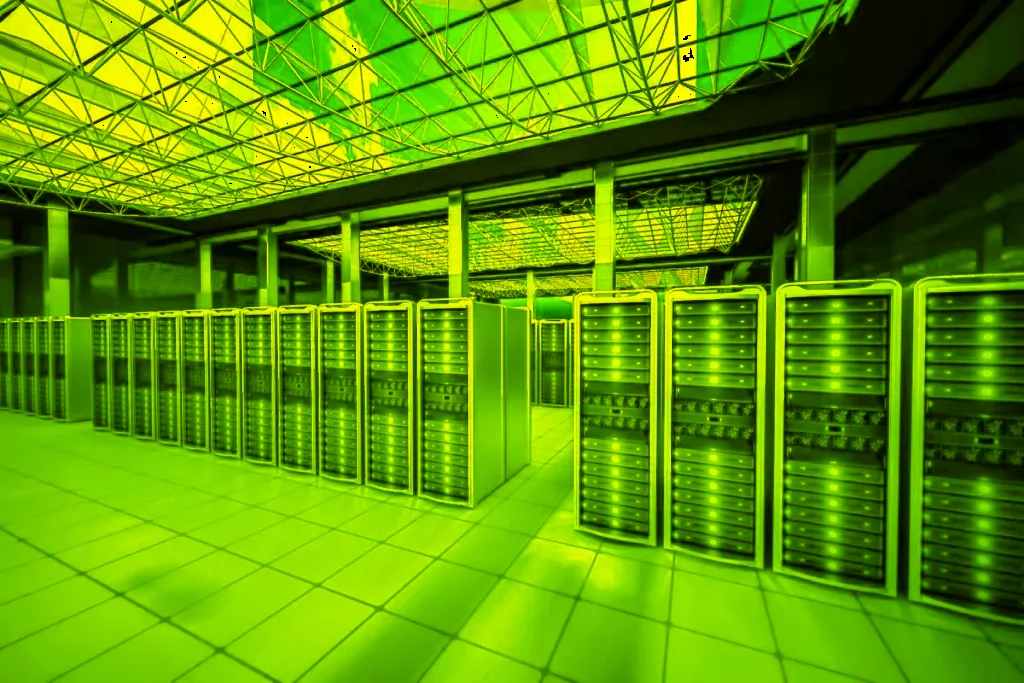-

Understanding Access Control: A Key to Secure Systems
—
by
Access control is a fundamental security measure that governs who can view or use resources within a computing environment. It’s an essential part of protecting sensitive information and ensuring that only authorized users have the ability to interact with systems, applications, and data.
What is Access Control?
Access control refers to the policies and mechanisms that restrict access to systems and resources based on user identity and defined permissions. It can be categorized into three main types:
- Mandatory Access Control (MAC): In this model, access rights are assigned based on regulations determined by a central authority. Users cannot change permissions, which makes it suitable for environments with high-security needs.
- Discretionary Access Control (DAC): Here, owners of resources have the discretion to grant or revoke access permissions. This flexibility is useful in collaborative environments but can lead to security risks if not managed properly.
- Role-Based Access Control (RBAC): Access is granted based on user roles within an organization. This model simplifies management by aligning permissions with job functions, ensuring that users have access only to the information necessary for their roles.
Why is Access Control Important?
Access control plays a crucial role in data protection and compliance. Here are a few reasons why it’s important:
- Security: By limiting access to sensitive data, organizations can reduce the risk of data breaches and unauthorized disclosures.
- Compliance: Many industries are subject to regulations (like GDPR, HIPAA, and PCI DSS) that require strict access controls to protect personal and financial information.
- Accountability: Proper access control measures help ensure that actions taken within systems can be traced back to individual users, fostering accountability and deterring malicious behavior.
Best Practices for Implementing Access Control
- Principle of Least Privilege: Grant users the minimum level of access necessary to perform their job functions. This minimizes potential damage from compromised accounts.
- Regular Audits: Periodically review user access levels and permissions to ensure they remain appropriate as roles and responsibilities change.
- Multi-Factor Authentication (MFA): Enhance security by requiring multiple forms of verification before granting access, making it harder for unauthorized users to gain entry.
- User Education: Train employees on the importance of access control and safe practices for managing passwords and sensitive information.
Conclusion
Access control is a critical component of an organization’s security framework. By implementing robust access control measures, organizations can protect their data, comply with regulations, and maintain the integrity of their systems. As threats evolve, so must our strategies for access management—ensuring that the right people have access to the right resources at the right times.

Sep 26, 2024 by – httsinccom
The Backbone of the Digital World: Data Centers
Data centers are crucial facilities that house the hardware necessary for data storage, management, and dissemination. They power everything from websites to cloud computing.
Key Components
- Servers: Perform processing and data storage.
- Storage Systems: Securely store and manage data.
- Networking Equipment: Ensure efficient data flow and security.
Why Data Centers Matter
- Reliability: Designed for continuous uptime, crucial for businesses.
- Scalability: Easily expand to meet growing data needs.
- Security: Implement robust measures to protect sensitive information.
- Energy Efficiency: Focus on reducing carbon footprints with advanced technologies.
Looking Ahead
As technology advances, data centers are evolving with trends like edge computing and IoT, enhancing speed and efficiency. Understanding their role helps us appreciate the systems that keep our digital world thriving.
Join 900+ subscribers
Stay in the loop with everything you need to know.
